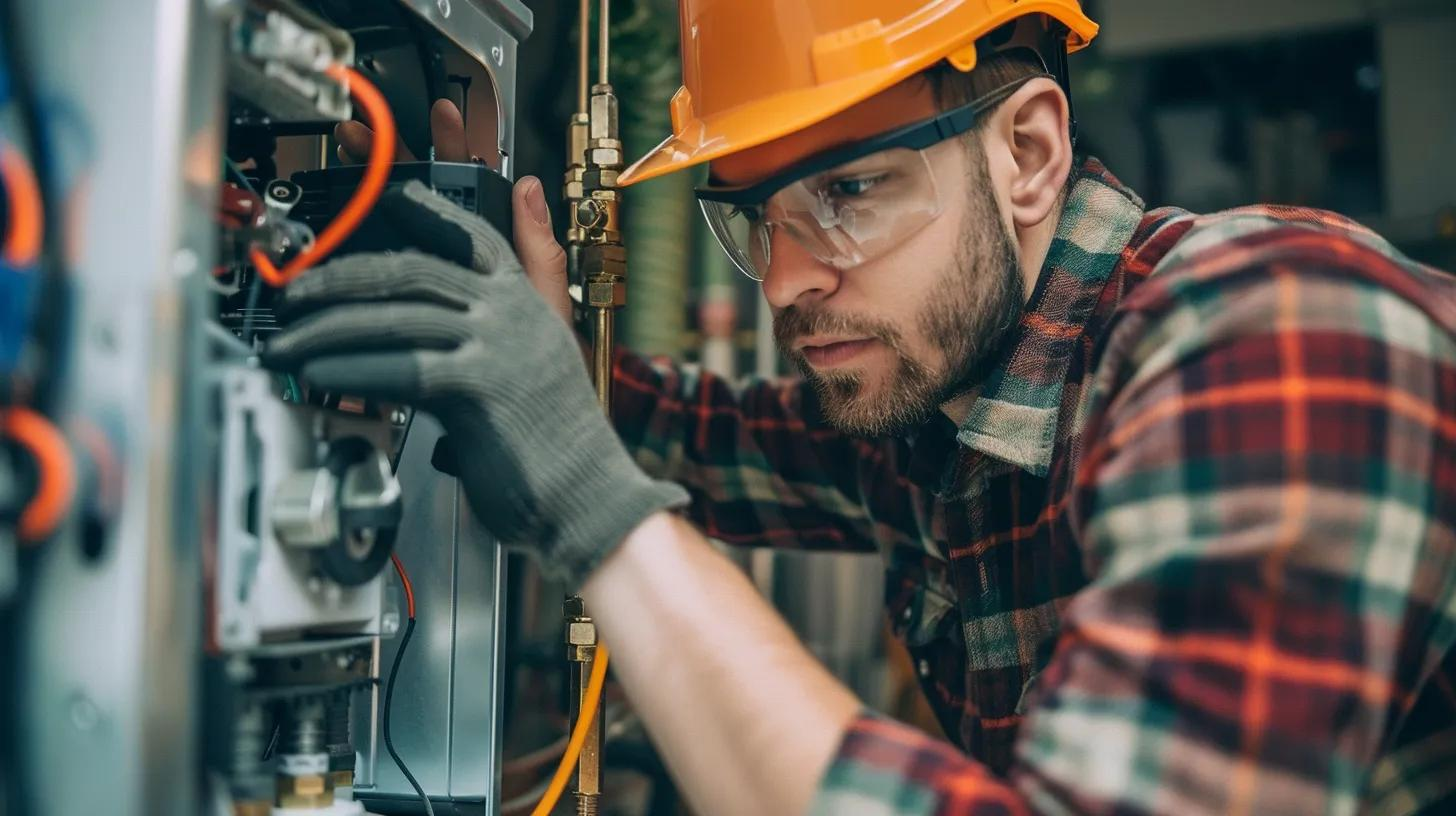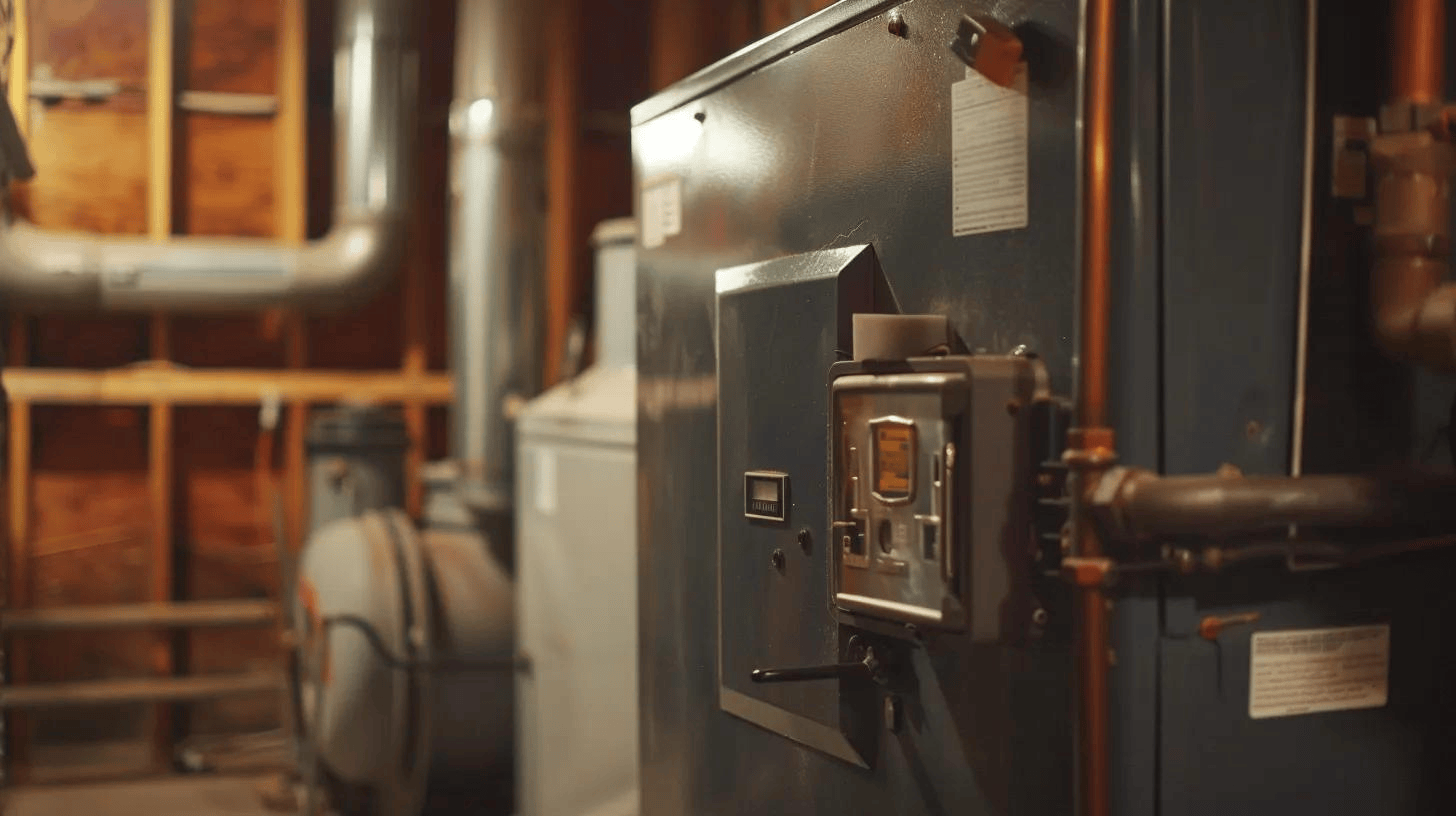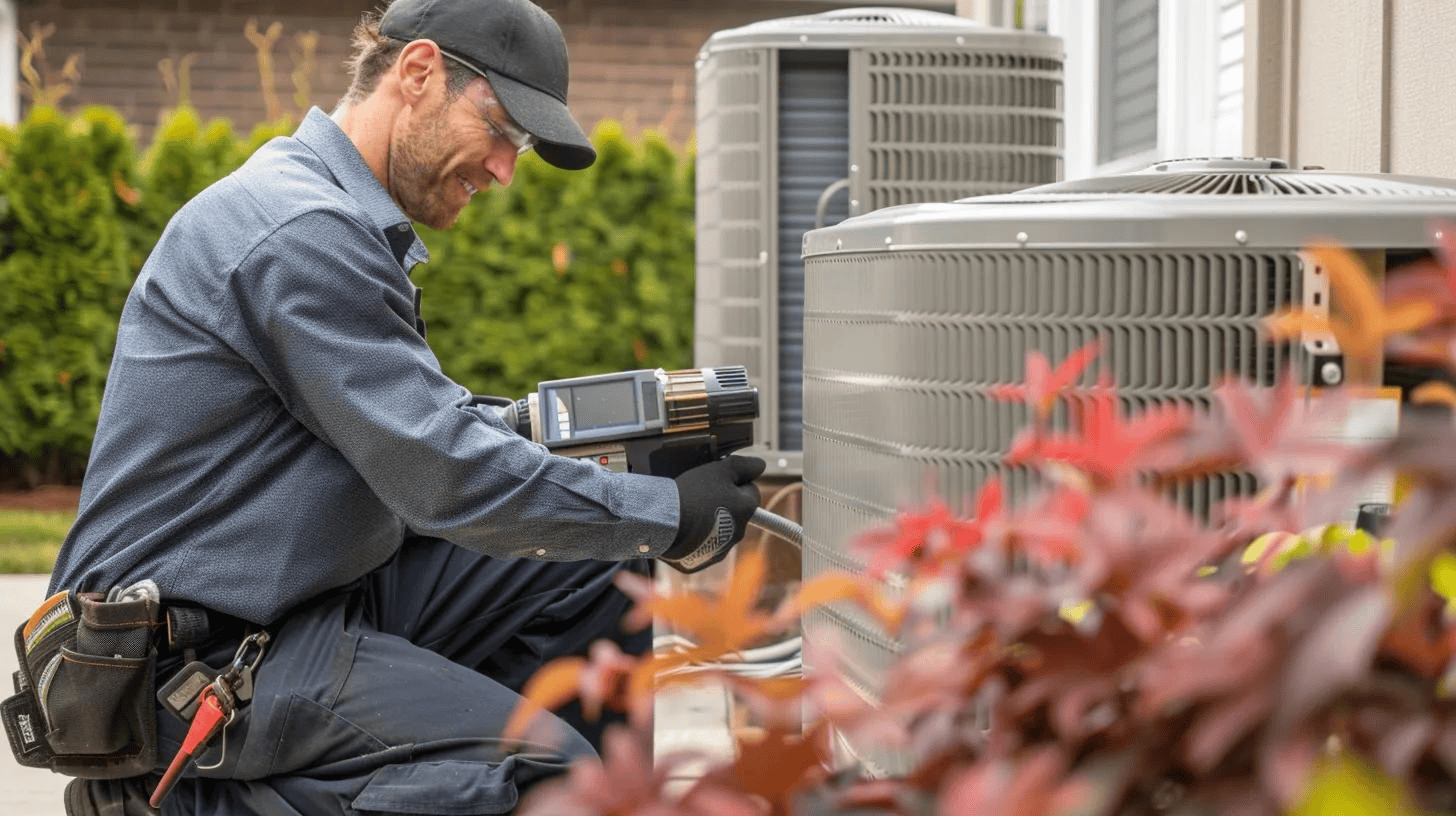Strange noises coming from your heat pump can be more than just an annoyance. If you hear harsh grinding sounds, it's time to pay attention. These kinds of noises often don’t go away on their own and can point to a deeper problem inside the system. Many Roanoke homeowners may overlook it at first or assume it’s just part of normal operation, but doing so can lead to bigger, costlier issues.
Addressing grinding noises early can prevent damage and downtime when you need your heat pump most. During the hot August months, your heat pump works hard, especially in Roanoke’s humid weather. A component that's struggling can quickly wear out or break if left running. Understanding what causes these sounds and how to respond is the first step in protecting your home’s comfort.
Why Your Heat Pump Makes Grinding Noises
Heat pumps are built to run quietly. When a system makes a grinding noise, that’s usually a sign that something is scraping, rubbing, or wearing down more than it should. Left unresolved, grinding can cause more than just system wear—it can lead to full component failure.
One common cause of grinding is worn bearings in the motor. The motor drives many parts inside your heat pump. If those bearings begin to fail, metal parts start to drag against each other. That grinding sound often gets worse over time and can mean the motor is close to wearing out.
Another possibility is a struggling compressor. That’s the heart of your system. When the internal parts of the compressor begin to wear out or seize up, you’ll often hear low, grinding or groaning sounds. If it’s been running for several summers without a checkup, this kind of wear becomes more likely.
In some cases, the issue might not be internal at all. A loose fan blade or screw can shift into a moving part, especially if the unit is older or has been bumped. Whatever the cause, ignoring it can lead to breakdowns in the middle of hot weather, when repair wait times are often longer.
Even if the system still cools your home, don’t assume the grinding is harmless. These kinds of sounds usually signal that a part is working harder than it should—soon, it may stop working entirely.
What Causes Grinding Noises: A Closer Look
Some problems are more likely than others to result in grinding noises from your heat pump. Each one can create wear and risk over time. Here are the most common sources:
- Loose or Worn Bearings
When motor bearings begin to wear down or fall out of place, you may hear metal grinding as parts rub together. If not fixed quickly, it can lead to full motor failure.
- Damaged Fan Blades or Motor Mounts
Fan blades that come loose or shift may scrape against the housing or motor mounts. This may sound like a rough grinding or metal-on-metal noise and could cause further internal damage if the fan motor continues to operate.
- Compressor Trouble
A failing compressor may grind as pressure builds or when internal components seize. This is serious because the compressor is one of the most costly parts to replace.
- Foreign Objects or Debris
Twigs, rocks, and even loose screws can fall into or shift around in your outdoor unit. When a moving part hits debris, it can produce a grinding or rattling sound and wear out nearby components.
- Misaligned or Broken Belts
Heat pumps that use belts can produce a grinding or screeching noise if a belt comes loose or starts to wear. This also puts extra strain on connected parts and can lead to additional breakdowns.
If you’ve noticed one or more of these symptoms, especially combined with weaker airflow or inconsistent cooling, it’s time to shut the unit off and have a closer inspection. Operating the system while it’s making grinding sounds increases the chances of expensive damage.
What to Do When You Hear Grinding Sounds
If your heat pump starts making grinding noises, your first step should be to switch it off. Keeping it running could cause more parts to wear out or break. Unlike other HVAC noises that might come and go, grinding usually means something is scraping, stuck, or worn beyond normal use.
Take the following steps:
1. Turn off the heat pump from your thermostat and the breaker switch if possible.
2. Check the area around the unit. Remove anything large pressed against it, but be cautious—don’t reach inside the unit.
3. If it’s safe, shine a flashlight into the outdoor cabinet. See if you can spot anything visibly jammed or broken.
4. Make a note of when the sound started and whether it got worse over time. This information will help our technicians diagnose the issue faster.
5. Do not restart the system. Wait for one of our professionals to inspect it before turning it back on.
It’s easy to assume the system can power through a little noise. But grinding usually doesn’t go away—it tends to lead to bigger problems. If your cooling system starts sounding rough and your home is in Roanoke, it's worth having it checked before the issue gets worse.
How Our Professionals Diagnose and Fix Grinding Noises
Once a heat pump starts making grinding noises, guessing what's wrong can lead to more damage. That’s why proper diagnosis by trained professionals matters. The first step our technicians take is a complete visual inspection of the system while it's off. They look for signs of worn or dislodged parts, such as frayed belts, loose bolts, or broken fan blades.
From there, our technicians test different components individually. They check the fan motor and blower assembly, as those are common problem spots. If the motor seems to be the source of the noise, they’ll inspect the bearings carefully. If the compressor is louder than usual or makes sharp, grinding sounds on startup, that tells them it could be seizing up.
Sometimes, noises come from more than one issue. A misaligned part might lead to wear in other areas. That’s why our team often uses sound tools and vibration meters when needed, especially if it's hard to pinpoint the noise by ear. These tools help confirm the source without having to open unnecessary components.
After finding the root cause, our technicians go over the best way to repair or replace the specific issue. They always aim to fix the problem while preventing future wear. Once fixed, they test the system again to make sure it runs smoothly. Ignoring these noises or trying to patch them without understanding the problem can turn a repair into a full system failure within weeks.
Preventing Future Grinding Noises in Your Heat Pump
Heat pumps need regular attention, especially during heavy-use seasons like summer in Roanoke. Many grinding problems are preventable with scheduled care and basic awareness. Homeowners who stick with a routine maintenance schedule often catch signs of strain before they lead to damage.
Here are a few preventive steps that can help you avoid future grinding issues:
- Keep vents open and unblocked throughout your home. Airflow restriction can lead to extra strain on parts.
- Make sure the outdoor unit is always clean. Clear away grass, leaves, or twigs that could fall into the unit or get pulled in.
- Ensure your heat pump sits on a stable, level surface. Uneven ground or shifting pads can cause internal components to misalign.
- Schedule tune-ups with qualified technicians before peak cooling season. This allows your system to be inspected, cleaned, and adjusted at the right time.
- Listen for changes. If your heat pump starts sounding louder, rougher, or less steady than usual, it's worth getting it checked right away.
One Roanoke homeowner recently dealt with a grinding sound that started small but worsened in two days. They had no idea the fan blade was beginning to detach and drag against its housing. A quick repair saved them from a full motor replacement and got their cooling system back to normal.
Experienced technicians can spot the early warning signs of grinding during checkups. These visits often involve tightening loose parts, lubricating dry components, and checking motor alignment. Even small fixes carry big weight when it comes to keeping your system smooth and quiet through the hottest months.
Keeping Your Heat Pump Running Quietly in Roanoke
Grinding noises from your heat pump are never harmless. Whether coming from an aging motor or a loose internal component, these sounds usually point to added stress on your HVAC system. The sooner you respond, the more likely you are to avoid a major breakdown.
Roanoke summers aren’t the time to lose cooling. If your heat pump sounds even slightly off, the smartest choice is to pause use and have it looked over by trained professionals. Getting ahead of the problem keeps you from bigger disruptions and often cuts down on risk to the rest of the system.
No matter how small the sound may seem now, it could be the first sign of wear that spreads if left alone. With the right maintenance and a quick response to strange noises, your heat pump can continue to keep your home comfortable and efficient, all summer long.
Your home deserves a quiet, efficient system, and addressing issues promptly can prevent further damage to your heat pump. Woods Family Heating and Air offers the expertise you need, and our trained professionals are ready to inspect and fix any unusual noises before they lead to bigger problems. Rely on our heat pump repair in Roanoke to restore your system's performance. For a quick estimate or to book a service visit, please contact us today.








